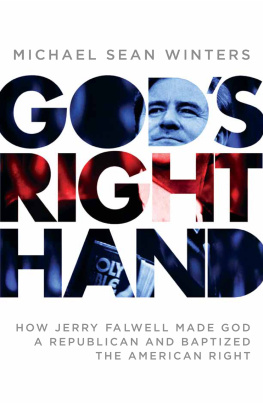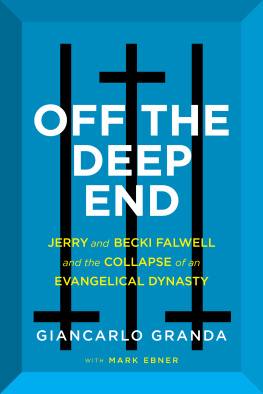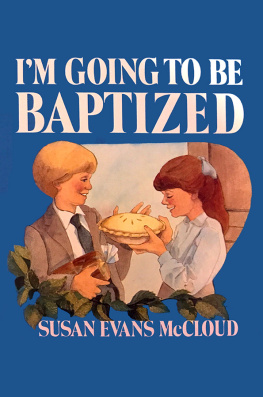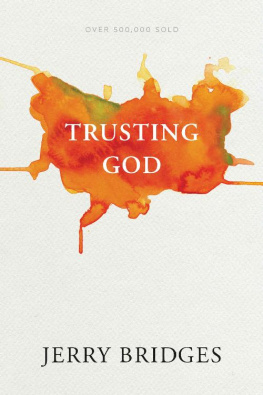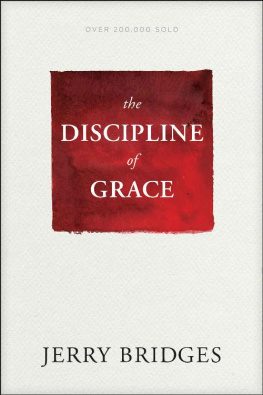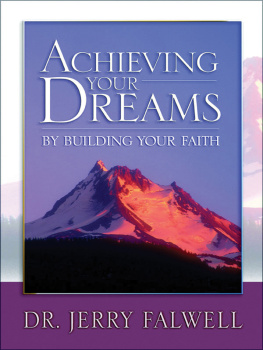Jerry Falwell lived one of the most consequential lives of any American in the last half of the twentieth century. Other preachers became televangelists, and some had larger audiences, but Falwell became the face of televangelism, the preacher whom Phil Donohue or Ted Koppel was most likely to call for an interview. Some men, and a few women, had more direct influence on the nations politics. While there is some debate about whether Reagan could have won without the votes of the millions of evangelical voters Falwell energized and organized, there is no doubt that the moral concerns that mattered to Falwell and his voters became an integral part of the Reagan Revolution. Others began colleges and universities in the last half of the twentieth century, but none grew faster than Falwells Liberty University. Many people affected the culture in myriad ways, from the Beatles to Bill Gates, but Jerry Falwell changed the perception of what it meant to be a Christian, and in America, the most religiously observant industrialized nation in the world, that was no small accomplishment.
Jerry Falwell was trying to bring the Gospel of Jesus Christ to bear on his culture. He built institutions to carry out his work, with all the minor and not so minor missteps that attend such institution building. And however much one disagrees with any particular position he took, astute observers will find themselves appalled at the coarseness displayed by many of his critics. Those secular liberals who denounced the bringing of dogma into the public realm brought their own dogmas. Those who denounced Falwell as intolerant had their own intolerances. Those who criticized his views of America or its founding as deeply flawed had plenty of deep flaws in their own views.
In the end, it is impossible to avoid a frank admiration for Falwells gifts, his perseverance, the sheer energy he brought to his task, even if one also experiences an ambivalence, or even disdain, about his career and its consequences. The political gospel he preached was unrecognizable to anyone schooled in the tradition of Catholic social thought or the writings of Reinhold Niebuhr. At times Falwells exuberance led him to be demeaning toward others who did not share his views, but he usually engaged his interlocutors with a warm and disarming personality. Few Americans can say that they have achieved the profound impact on their times and country that Falwell could rightly claim.
The British philosopher Isaiah Berlin penned a justly famous essay entitled The Hedgehog and the Fox. The title is drawn from the fragment of an ancient Greek poem that reads: The fox knows many things, but the hedgehog knows one big thing. Berlin characterized how different men, in different epochs, have evidenced the genius unique to each way of knowing, the monists versus the pluralists, those seized with one great idea and those whose minds sought the many, not the one. Berlin gives a few examples: Plato, Dante, Pascal, Hegel, Dostoyevsky, Nietzsche, and Ibsen, obviously, were hedgehogs, while Aristotle, Shakespeare, Erasmus, and Pushkin were foxes. In Berlins telling, Tolstoy, the subject of the essay, was a fox who desperately wanted to be a hedgehog. Using Berlins classification and applying it to a few prominent religious figures, we could say that Augustine, Luther, Jonathan Edwards, and Billy Graham were all hedgehogs, while Aquinas, Calvin, Bellarmine, and Father Drinan were foxes.
Jerry Falwell was a hedgehog, and he did not wish to be anything else. He knew one big thing, and that big thing was the Bible. In all of his actions and activities, Falwell saw himself as advancing toward the singular goal of evangelization, spreading the Gospel of Jesus Christ and helping the converted to live their lives in a godly way.
Falwell was, consequently, first and last a preacher. From the time he founded the Thomas Road Baptist Church in 1956 with thirty-five members, all of his activities were directed at, or flowed from, his efforts to build the church. The home for alcoholics, the Lynchburg Christian Academy, the home for unwed mothers, his television ministry, Liberty Universityall grew out of his ministry at Thomas Road Baptist. Even his political involvement grew out of the belief that his church could scarcely survive if the ambient culture continued on what Falwell deemed to be a steep moral decline.
Built on the strength of Falwells ceaseless activities and winsome personality, Thomas Road Baptist Church became a prototype for the modern megachurch. More than size makes a megachurch, although Falwells congregation grew so quickly that he had to build a new and larger sanctuary three different times. A megachurch has the kind of cradle-to-grave social services that we associate with large, urban, ethnic Catholic parishes at the end of the nineteenth century. A megachurch has an elementary school and a high school and a preschool, and Falwells even had a university. A megachurch has ministries for the homeless and for the addicted, social clubs for the lonely, sports leagues for the competitive, job training seminars, and social support groups for teens and young mothers and the elderly. A megachurch is a sort of village organized around the church, providing alternatives to the social, educational, and cultural offerings found in the wider culture.
The many and varied activities of a megachurch are signs of social and cultural vibrancy, to be sure, but they are also prey to the mentalities and inhibitions we associate with any cultural ghetto. Membership has its privileges, as the old American Express ads used to say, but it also has its limits. The educational and cultural exchanges within the megachurch become univocal. The lack of interchange with the ambient culture leads to a certain inflexibility of ideas and attitudes. And as long as the numbers continue to grow, a sense of self-satisfaction can take hold.
Falwell began his television and radio ministry shortly after he launched his church. He was neither the first nor the most popular television evangelist, but he was one of the most prominent. He built his outreach on the network of fundamentalist institutions and organizations that had been erected in the first half of the century and had grown steadily, out of sight of the mainstream culture. Then television and radio allowed him to reach beyond that network. In later years Falwell would use his plane, his fax machine, e-mail, and any other technological advance to get his message out. He was a master communicator in the pulpit, but he saw almost every new technology as a pulpit too. Whether he was in Lynchburg on Sunday morning or on a television show broadcast nationally, Falwell was, in a sense, always in his pulpit. It went with him. He was always preaching in one way or another.
Falwell was not just any preacher. He was a fundamentalist Baptist preacher. He believed that the Bible is the inerrant Word of God in every particular. While all Christians turn to the scriptures for understanding and inspiration, in some sense as definitively true, fundamentalists view the Bible as literally true. They eschew centuries of biblical interpretation, believing that any baptized person can readily grasp the meaning of the Bible. As a Baptist, Falwell believed that a preacher brings learning to his task but does not enjoy any particular privileged hermeneutic by reason of his office. Baptists are a fiercely independent lot, with a completely decentralized organizational structure. If some denominations believe that ordination confers a distinct status upon the preacher, in the Baptist tradition the preacher has no such distinct priestly status, so he must be more entrepreneurial, more attuned to his audience.


